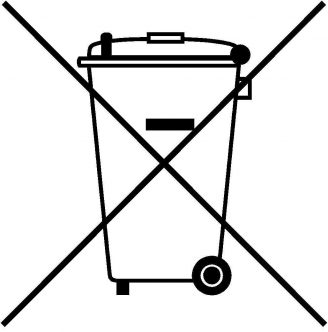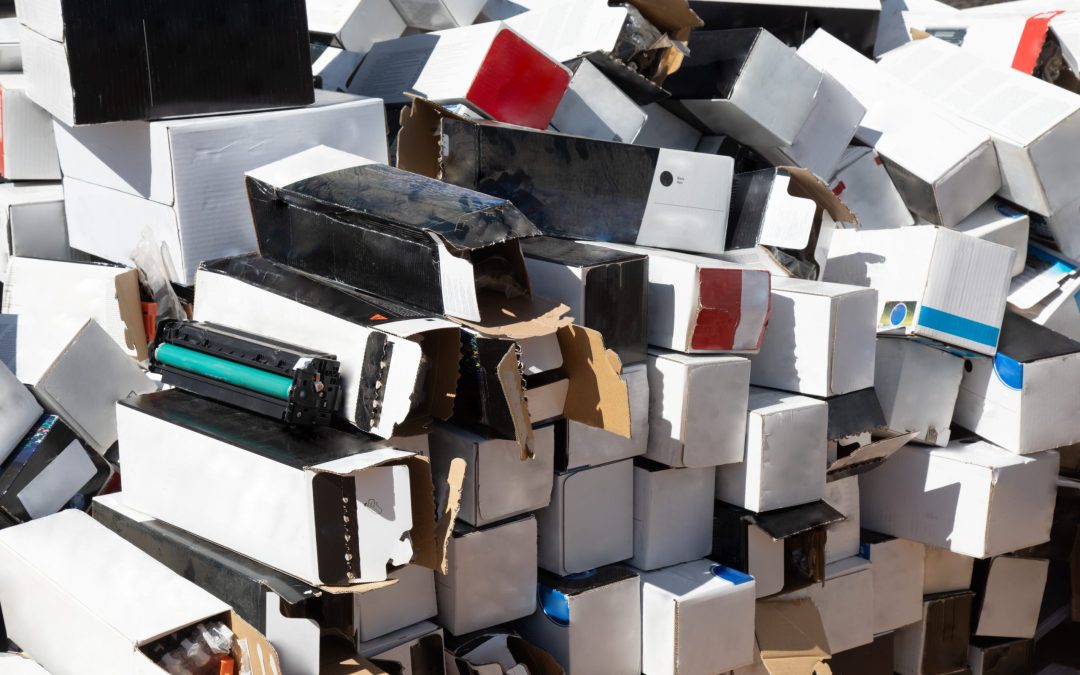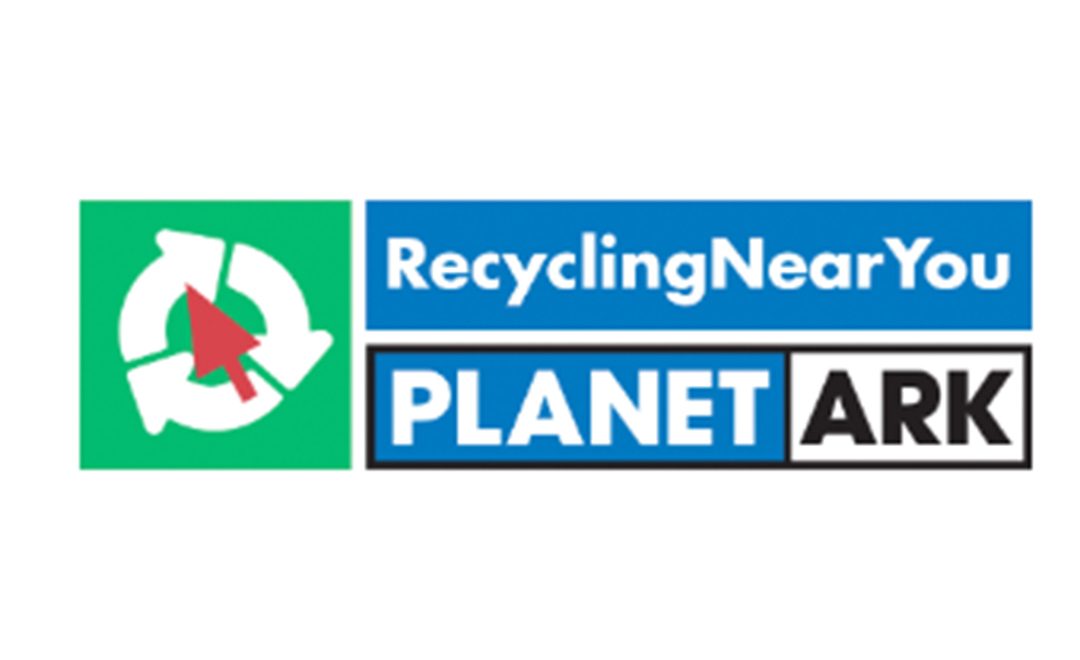
A recent blog by WEEElogic has taken an in-depth look at extended producer responsibility (EPR) and what it actually means for waste management.
As the blog explains, EPR is widely implemented as a method of waste management across “many countries”, making waste “no longer the sole responsibility of the end-user” but also of the “entity that first made the goods available”.
Pioneered by Thomas Lindhqvist in 1990, EPR was dubbed an “environmental protection strategy to reach an environmental objective of a decreased total environmental impact of a product”.
These days it is best described as a “policy approach” which makes producers responsible for constructing “compliant financial and/or physical solutions” to all stakeholders, including businesses and consumers.
While once upon a time, waste was managed for the most part by being sent to landfill, “the waste treatment infrastructure now enables the dismantling and sorting of materials so as to recycle or recover them in order to reduce the environmental impact of consumption.”
Hazardous substances have become a weighty issue, as have core raw materials, “given the industrial dependency of western countries versus China’s dominant position on mining extraction and manufacturing.”
In the European Union, member states have elected to “foster the implementation of EPR systems for waste management, which they achieve through the use of various targets, including collection, recycling, recovery and disposal.
For producers, EPR means taking responsibility for the management of their products when they reach the end of their usefulness, meaning they must provide a variety of ways for their supply chain and consumers to recycle what they have manufactured.
In accordance with EPR, producers also have to declare “quantities and/or weights of equipment they place on a given market” and have to pay a fee according to the volume of products released on the market that year.
The cited benefits of EPR are numerous, and apply to producers, consumers and authorities. Producers are given “the opportunity to diversify take-back/recycling services” and “strengthen” their eco-friendly image, as well as being able to enjoy a level playing field with the competition. Consumers will reap the benefits of “compliant and fair treatment of waste” and recycling provisions which have already been financed. Finally, for authorities, the advantages come in delegating “an area of public service to private companies whilst ensuring reliable and state-of-the-art waste management.”























